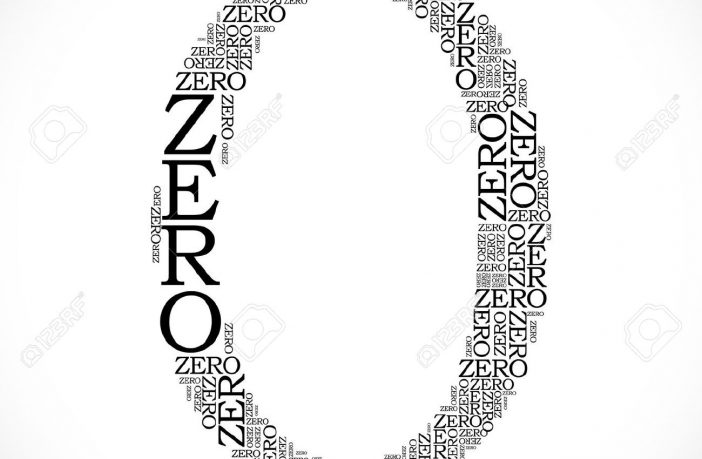Opinion
Buildings are one of the biggest carbon emitters globally. They are responsible for over 30% of all carbon emissions emitted into the atmosphere. As such, it is very important that South Africa and indeed all countries in Africa adopt 100% Net-Zero Building Energy Standards by 2030.
The current building standards in South Africa are not in line with goals for complete decarbonisation. In order to achieve nett zero building goals, a radical plan needs to be implemented, primarily driven by policy changes.
Recently the South African Minister of Energy, Mr Jeff Radebe, gazetted a new law requiring public and private building owners to measure and report their buildings energy use. Read more.
While this is a step in the right direction, a more holistic approach needs to be taken. In the USA, the Democratic Party has put its weight behind a new report by Data For Progress called The Green New Deal. The report lays out a set of proposed economic stimulus programs that aims to address climate change and economic inequality.
Buildings have the highest potential for low-cost emission but up until now, South Africa has struggled to address the need for a Nett Zero Building Energy Standard because it has more pressing socio-economic challenges. Well, guess what? Both can be achieved simultaneously.
We have traditionally relied on organisations like the Green Building Council South Africa to lead the way. Unfortunately, their direction has been misleading because their building rating accreditation is primarily based on features criteria. Read more
It is time for a radical new approach. The Green New Deal report proposes the following for the building sector which can also be applied in South Africa:
- Set net-zero energy and high-performance buildings standards for new commercial and residential construction and retrofit requirements for existing structures
- Establish energy efficiency resource standards for electricity
- Ratchet up appliance, lighting, and equipment efficiency standards and establish tariffs on low-efficiency imports
- Expand energy efficient commercial building and home credits
- Expand energy efficient appliance and equipment rebates
- Phase out incandescent and compact fluorescent lighting in favour of LED lighting
- Workforce development and training for energy efficient design, construction, retrofitting, auditing, and appliance installation industries
- Efficiency technology innovation, demonstration, and deployment
- Public trust funds for community efficiency efforts
- Community residential and commercial weatherization programs
- Net-zero construction and high-performance retrofits for public buildings, universities, schools and hospitals
- Industrial efficiency equipment and retrofit support programs
We need to move swiftly in the direction of the ‘high-performance building’ concept that requires transparent reporting if we want to achieve our zero carbon emission goals. The process can be socially and economically inclusive. The state plus architects and property developers need to take responsibility for the transition.
Author: Bryan Groenendaal















